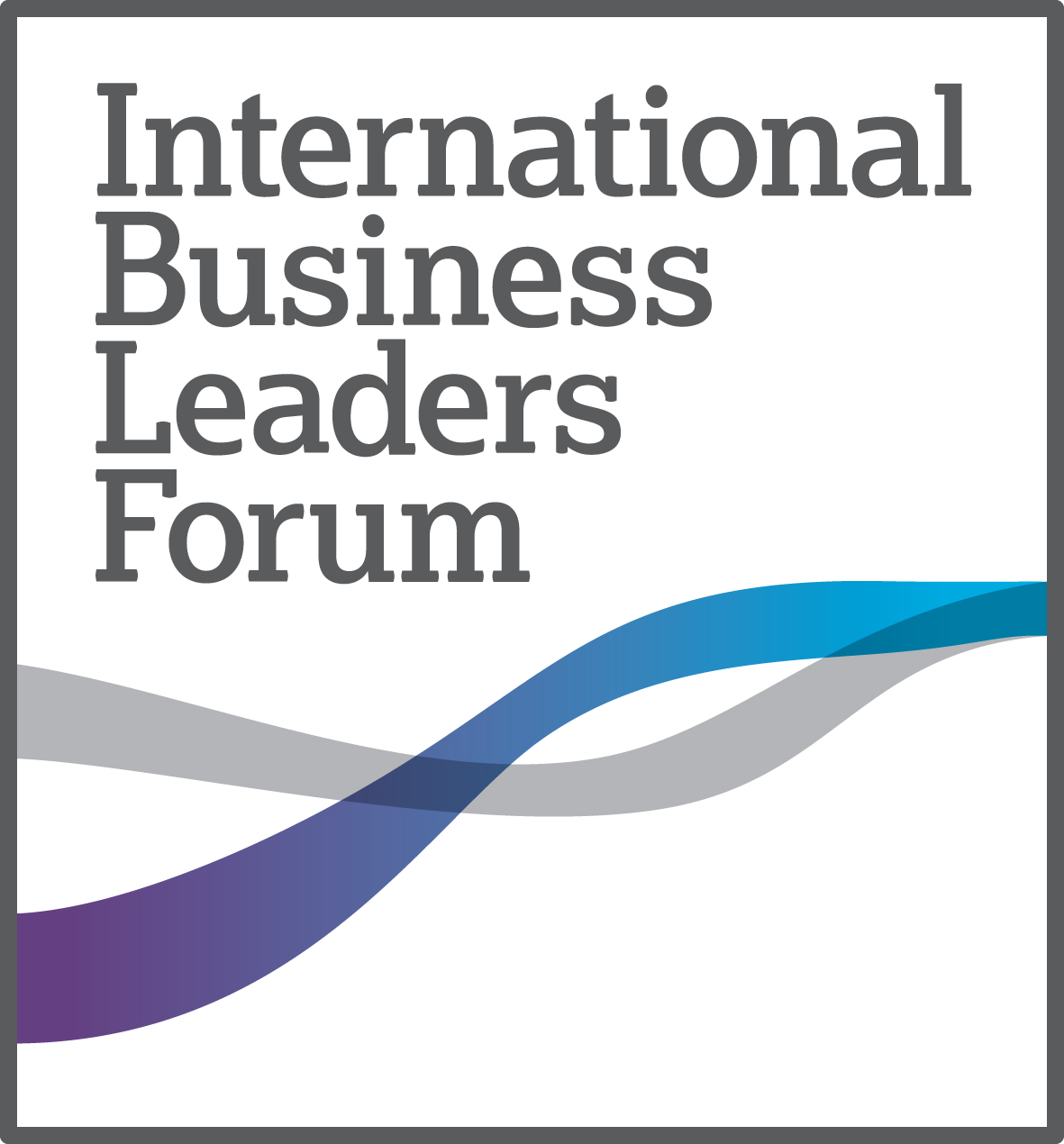Poll Finds Experts Split on Whether Sustainable Consumption and Economic Growth Compatible
The Sustainability Survey is the largest global poll of the views of sustainability experts. The results were released today by international consultancies GlobeScan and SustainAbility in collaboration with the International Business Leaders Forum, and are based on the views of nearly 1,000 experts worldwide surveyed in Sept and Oct 2011 on topics relating to sustainable consumption.
Key findings show that:
-
Experts overwhelmingly disagree (70%) with the statement, ‘sustainable consumption is impossible to achieve’, with strong majorities in all regions endorsing this view.
-
But experts are divided on whether there is an ‘inherent conflict between economic growth and sustainable consumption.’ Forty percent agree that the two are incompatible while a similar number (43%) disagree.
Experts from North America, and Asia are much more likely to think that sustainable consumption and economic growth can be reconciled, as the chart below shows. In contrast, their European peers are much more likely to believe that there is an inherent conflict between the two goals.
Furthermore, experts working within companies are much more confident that sustainable consumption can be delivered along with a growing economy than those experts working within the academic community or NGOs.
Other results from the study reveal that:
-
Experts overwhelmingly think that businesses have a duty to offer sustainable product lines instead of, rather than in addition to unsustainable ones (78% agree).
-
A majority of experts (53%) believe that sustainable consumption must mean less consumption. This is the predominant view even within corporations.
-
Experts doubt that consumers in emerging economies like China and India will 'embrace sustainable consumption behaviours at a faster pace than in the developed economies'. 41% think this is not likely to happen, while only 31% think it is.
986 expert respondents were surveyed in September and October 2011 from corporate, government, NGO, academic, research, and service organizations, across more than 70 countries in five continents.
A fuller digest of results on sustainable consumption from the GlobeScan/SustainAbility study of which these questions formed part is available at www.globescan.com
Clare Melford, CEO of IBLF comments: "These results show a strong belief in the possibility of achieving sustainable consumption. But to reconcile this with stable economic growth, we will need a new emphasis on the quality and not just the quantity of growth. Companies have a powerful influence on consumer habits, and need to direct this to promote more responsible and less wasteful consumption."
Jeff Erikson, SustainAbility Senior Vice-President comments: "This is another sign that the future of our economy will look very different than it has for the last 50 years. Our planet simply will not support the consumption patterns to which we have grown accustomed. Companies that understand this and plan for a different future will be better positioned to thrive through the turmoil ahead."
The Sustainability Survey research program is a unique, collaborative platform using research-driven expert insights to explore solutions to business’ biggest sustainability challenges. The program is designed to help corporate leaders navigate the challenges and opportunities related to sustainability by leveraging the insights polled from the most influential thought leaders in the sustainable development arena. These quantitative results then inform forward-looking strategic counsel and ongoing trends analysis for companies participating in the membership-based research program.
About GlobeScan
GlobeScan is an international opinion research consultancy. Companies, multilateral institutions, governments, and NGOs trust GlobeScan for its unique expertise in reputation research, sustainability, and issues management. GlobeScan provides global organizations with evidence-based insight and advice to help them build strong brands, manage relations with key stakeholders, and define their strategic positioning. GlobeScan conducts research in over 90 countries, is certified to the ISO 9001:2008 standard for its quality management system, and is a signatory to the UN Global Compact. Established in 1987, GlobeScan is an independent, management-owned company with offices in London, Toronto, and San Francisco. www.GlobeScan.com
About SustainAbility
SustainAbility is a think tank and strategy consultancy working to inspire transformative business leadership on the sustainability agenda. Established in 1987, SustainAbility delivers illuminating foresight and actionable insight on sustainable development trends and issues. The company operates globally and has offices in Europe, North America and India. For more information, visit www.sustainability.com



